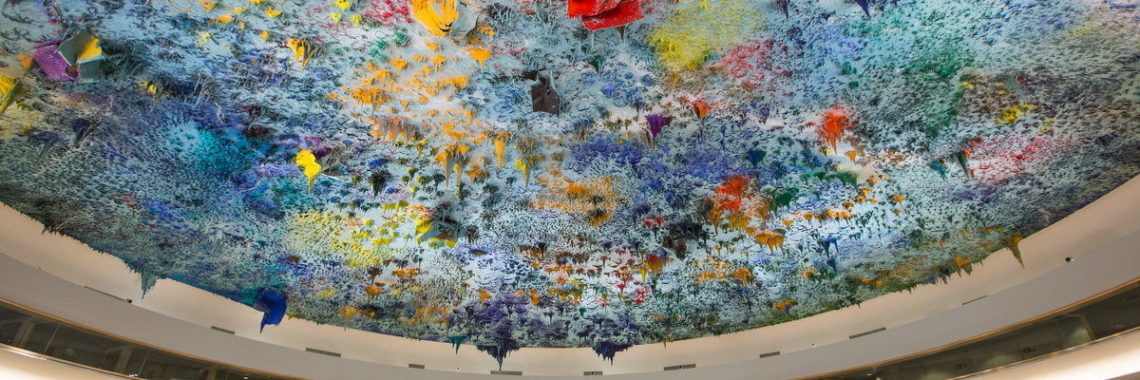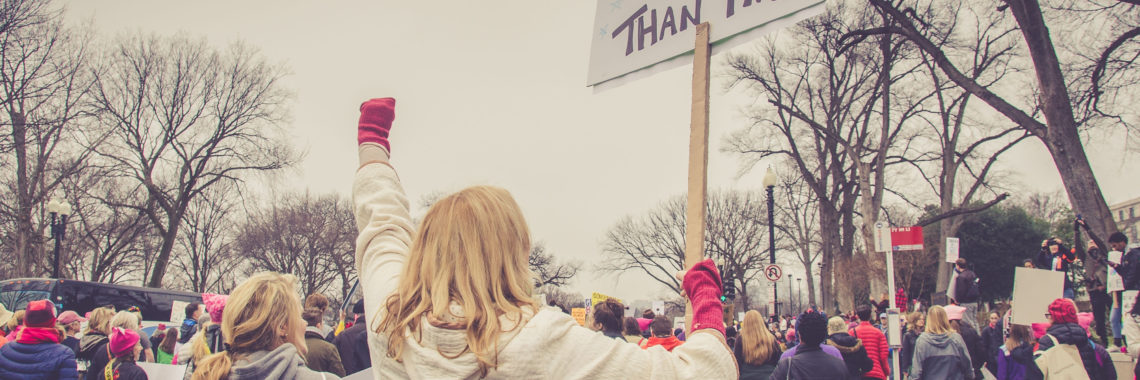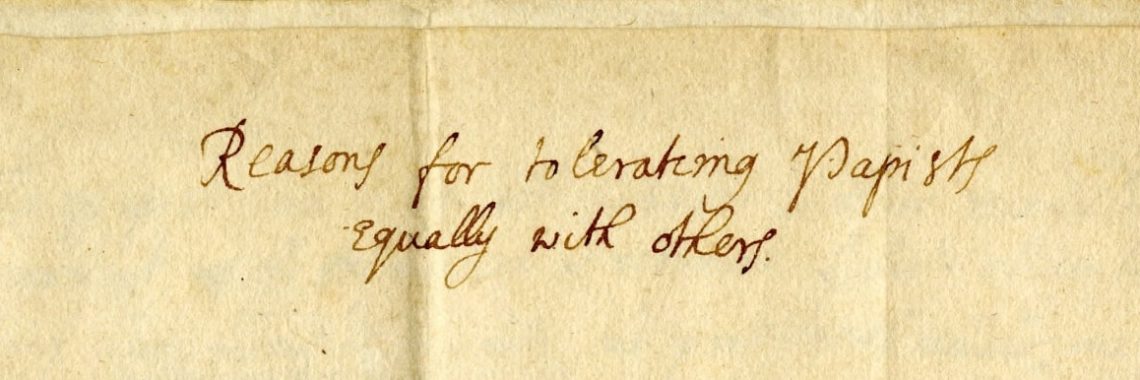“The Right of Self-Defense and the Organic Unity of Human Rights – Part I” by David Little
Landscape Photo of Mountains Under Gray Sky,eberhard grossgasteiger, Pexels (CC0) This article is part of our “Self-Defense and Human Rights” series.If you’d like to check out other articles in this series, click here. This is the first installment of a four-part essay in which Dr. David Little develops a unified theory of human rights based…










